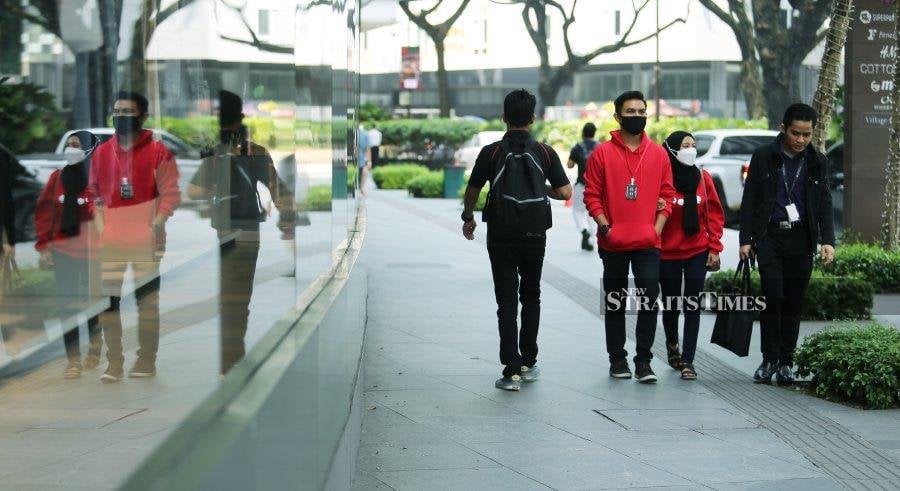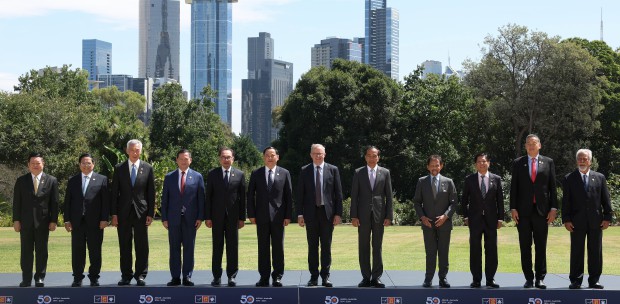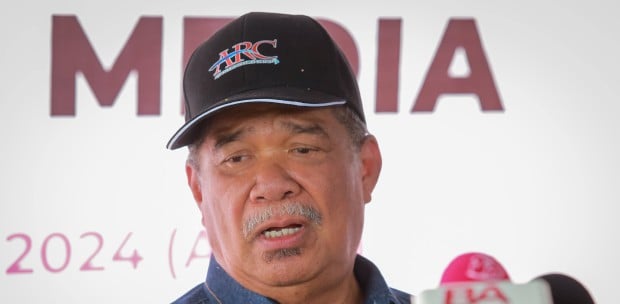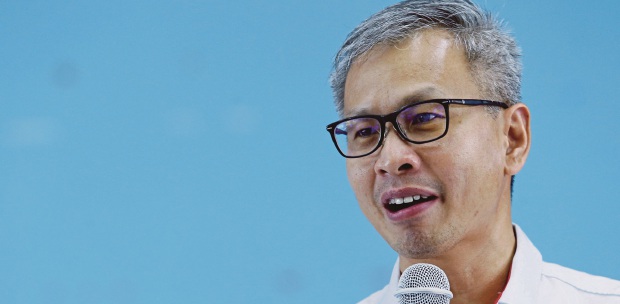ASEAN'S 55th anniversary celebration recently, with the theme "Stronger Together", emphasised the values of unity and a shared agenda in addressing the Covid-19 pandemic.
The "Year of Asean Youth" was also proclaimed, with the goal of enhancing youth participation and development with Asean Work Plan on Youth 2021-2025.
But with more than half a million individuals displaced in security forces' operations against ethnic minority communities, young activists and movements in Myanmar, how can the region empower youths to effectively strategise the Asean community?
According to Singapore-based ISEAS-Yusuf Ishak Institute's survey in the State of Southeast Asia 2022, some 621 Southeast Asians (37 per cent) approved the grouping's response to the Myanmar issue.
Some 283 respondents (45.5 per cent), however, were dissatisfied with its slow reaction to the worsening political and humanitarian crisis.
The first Asean Youth Dialogue held last month, attended by some 200 young leaders, gave space to youths to discuss and express their thoughts on current regional issues.
They focused on how stakeholders could collaborate with youths from across the region in addressing current challenges.
Asean youths should better understand some of the most pressing issues facing the world, like food security, inflation, climate change and disasters, fast-changing technology and so on.
Climate action activism on the part of the youths could also enhance the region's environmental performance through cohesive and comprehensive mitigative remedial measures and actions.
This will assist Asean in fulfilling its goal to become a climate-friendly region while making progress in economic development in areas hard hit by Covid-19.
Last year, Unicef East Asia and Pacific, the Asean Business Advisory Council, the EU-Asean Business Council and United Nations Development Programme co-hosted a virtual forum to help boost partnerships and opportunities for youths.
The event "Unlimited Asean: Empowering Asean's Young People" saw the creation of Generation Unlimited, a global multi-sector partnership to meet the urgent need for education, training and employment opportunities for young people.
Other youth-related initiatives include the Foreign Policy Community of Indonesia, an organisation that brings together relevant actors to offer youths' perspectives on international relations' issues.
In Malaysia, youth involvement can be seen in the formation of movements such as Malaysia Youth Diplomacy (MyDiplomacy).
MyDiplomacy believes that Malaysia lacks youth-friendly and accessible platforms to discuss and understand elements of foreign policy, diplomacy and international affairs.
It also believes that with no solid foundation, youths are often disengaged in foreign policy- making and implementation as there is no systematic avenue for those with bright minds to provide feedback and contribute to nation-building.
Its approach "Merakyatkan Diplomasi" is aimed at strengthening the country's diplomatic sphere and creating diplomatic opportunities for Malaysian youths, locally and abroad, regardless of background.
Recognising their capabilities will bridge not only regional differences but may also be the greatest decision in identifying future leaders who could become the catalysts for economic, social and cultural developments and serve as key players in regional progress.
Asean has displayed its potential as a regional economic powerhouse -— it has been the largest trading partner of global superpower China for 12 years.
According to Brief Status of China-Asean Economic and Trade Cooperation 2021, the volume of goods traded between China and Asean was US$878.2 billion, a 28.1 per cent increase year-on-year.
With this year being The Year of Asean Youth, youth empowerment and development are set to be the focus via 21st-century skills and digital skills.
The institutionalisation of youth engagement mechanisms, guided by the Asean Work Plan on Youth 2021-2025 and other youth programmes, will provide more platforms for young people to unleash their potential and play a more active and inclusive role in addressing current challenges.
The writer is a research analyst at Institut Masa Depan Malaysia (Masa)





